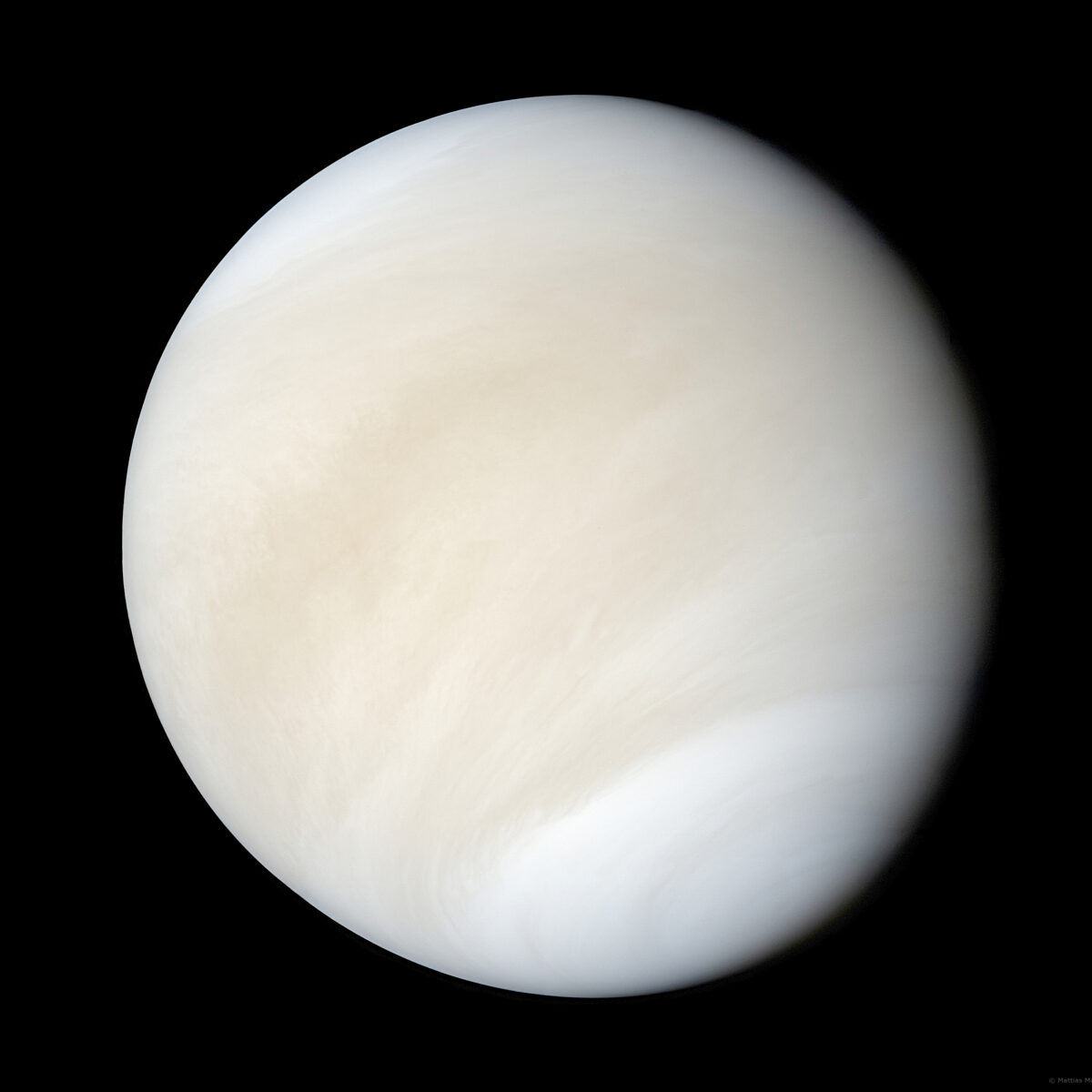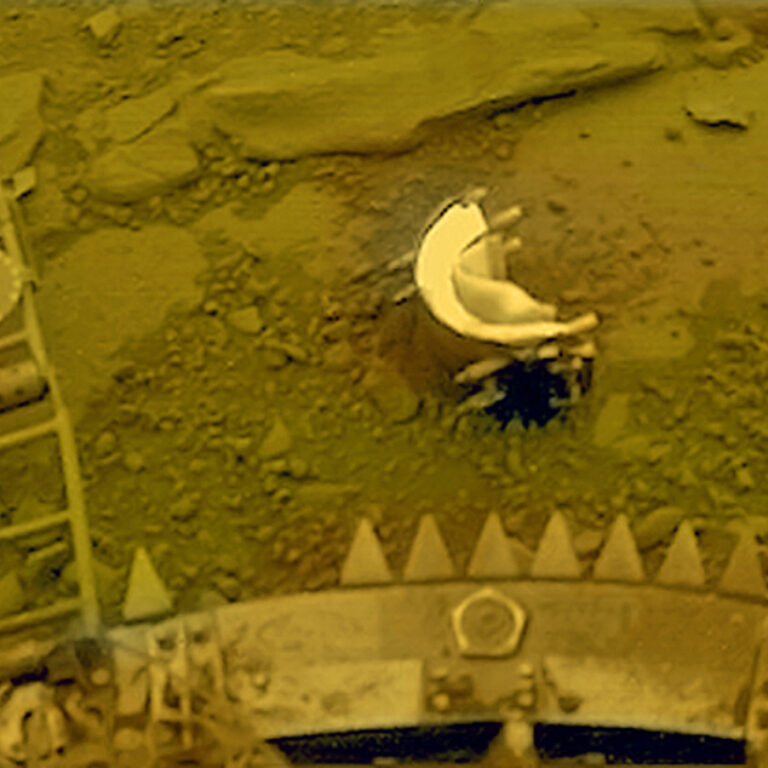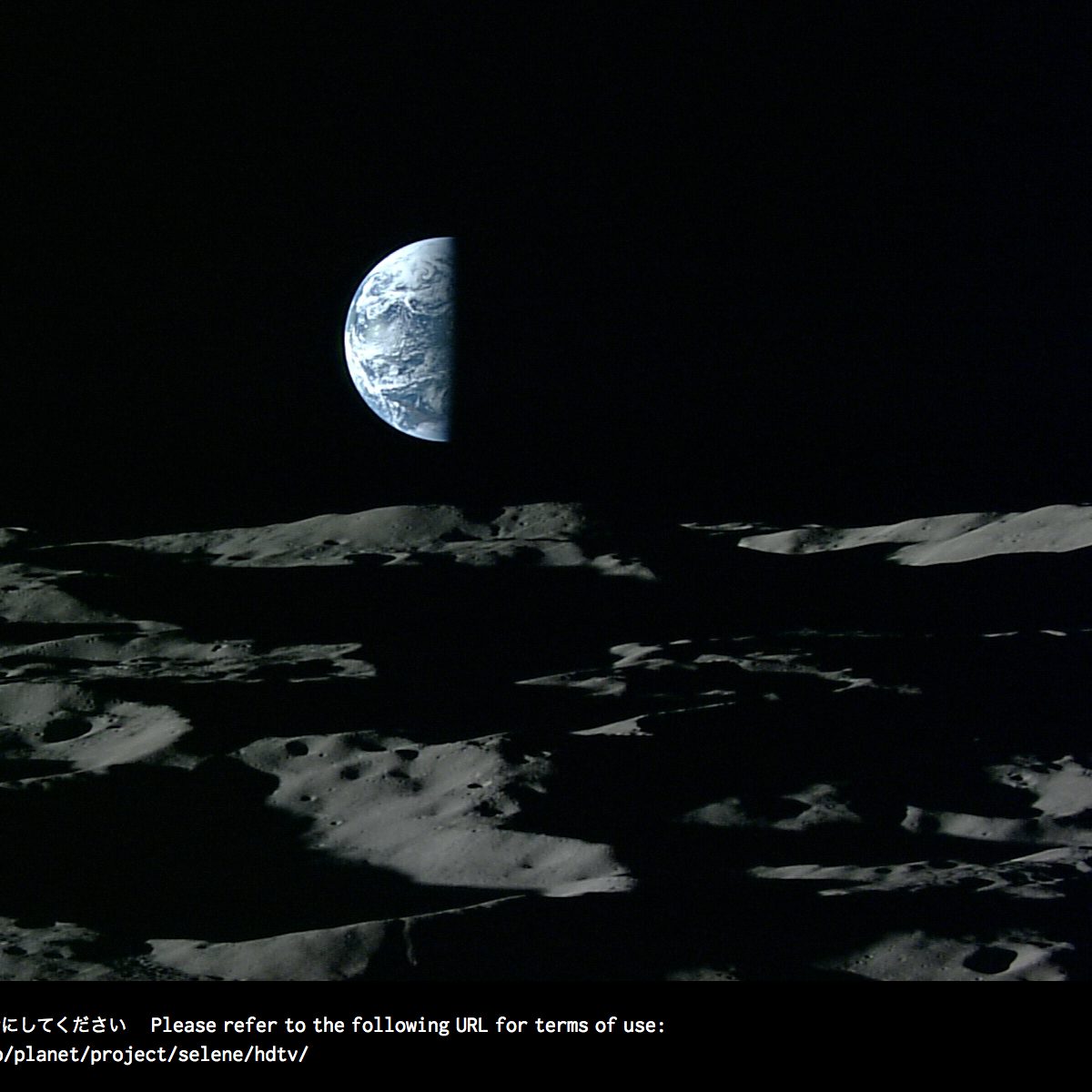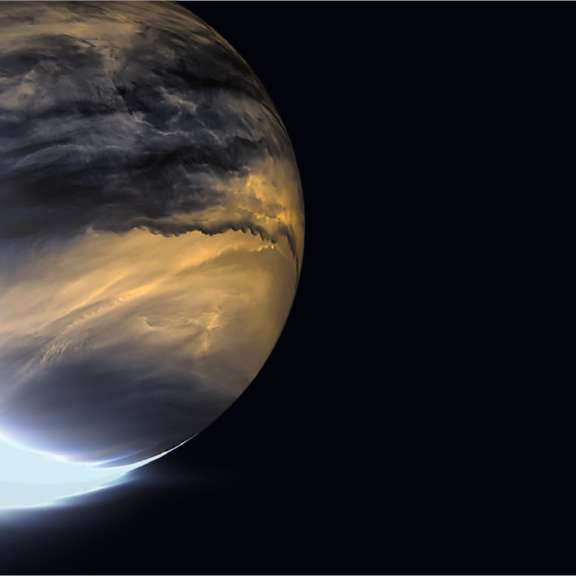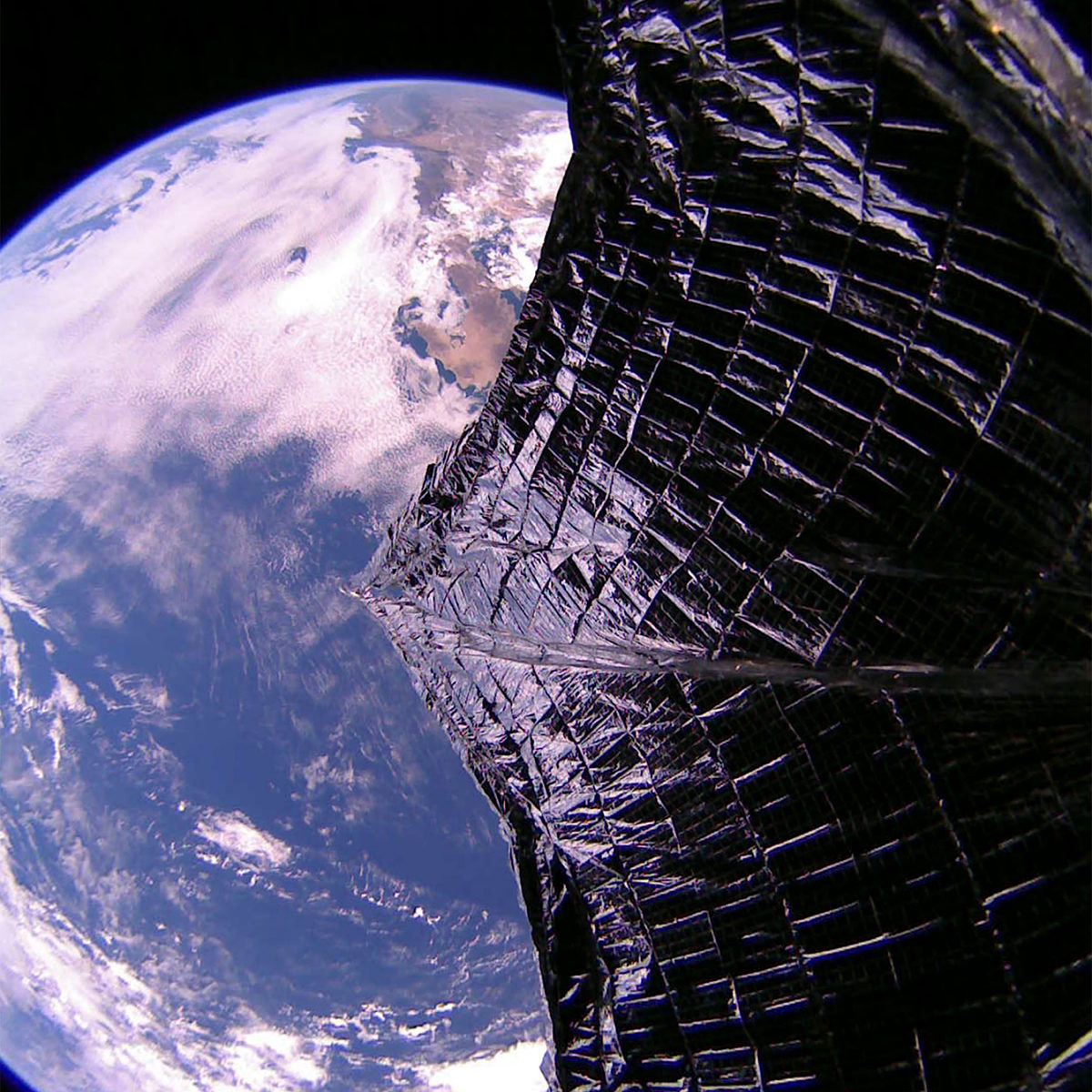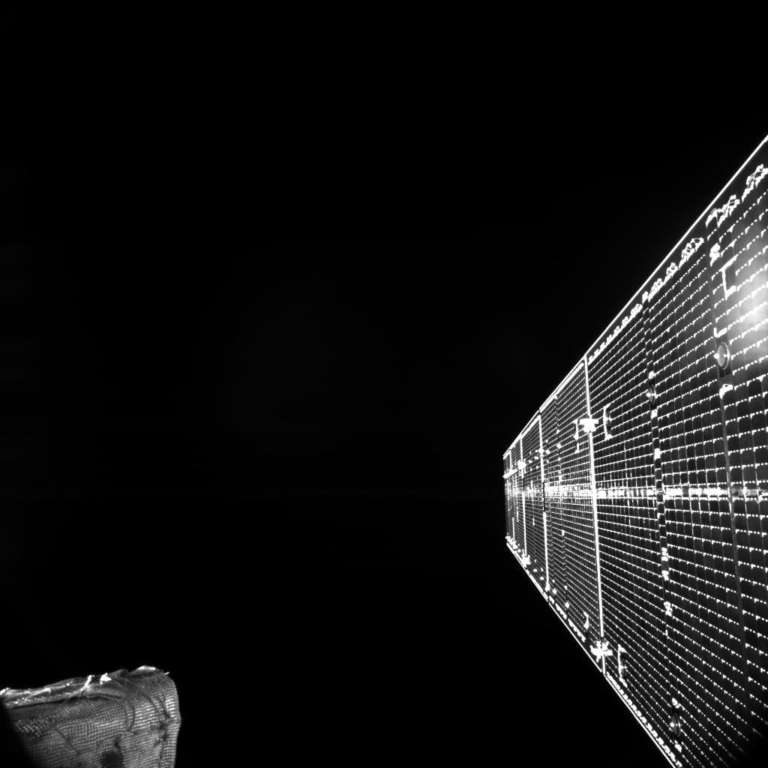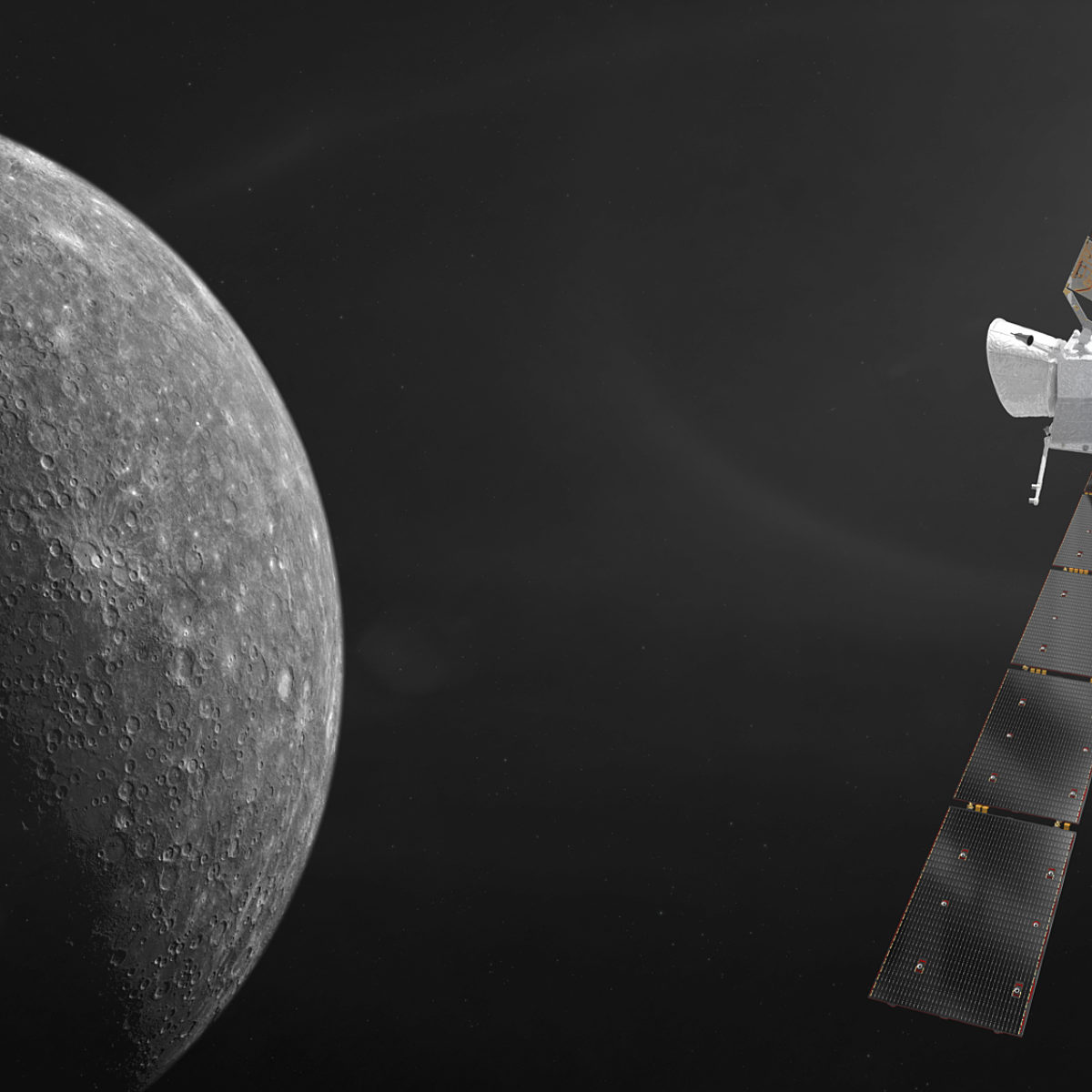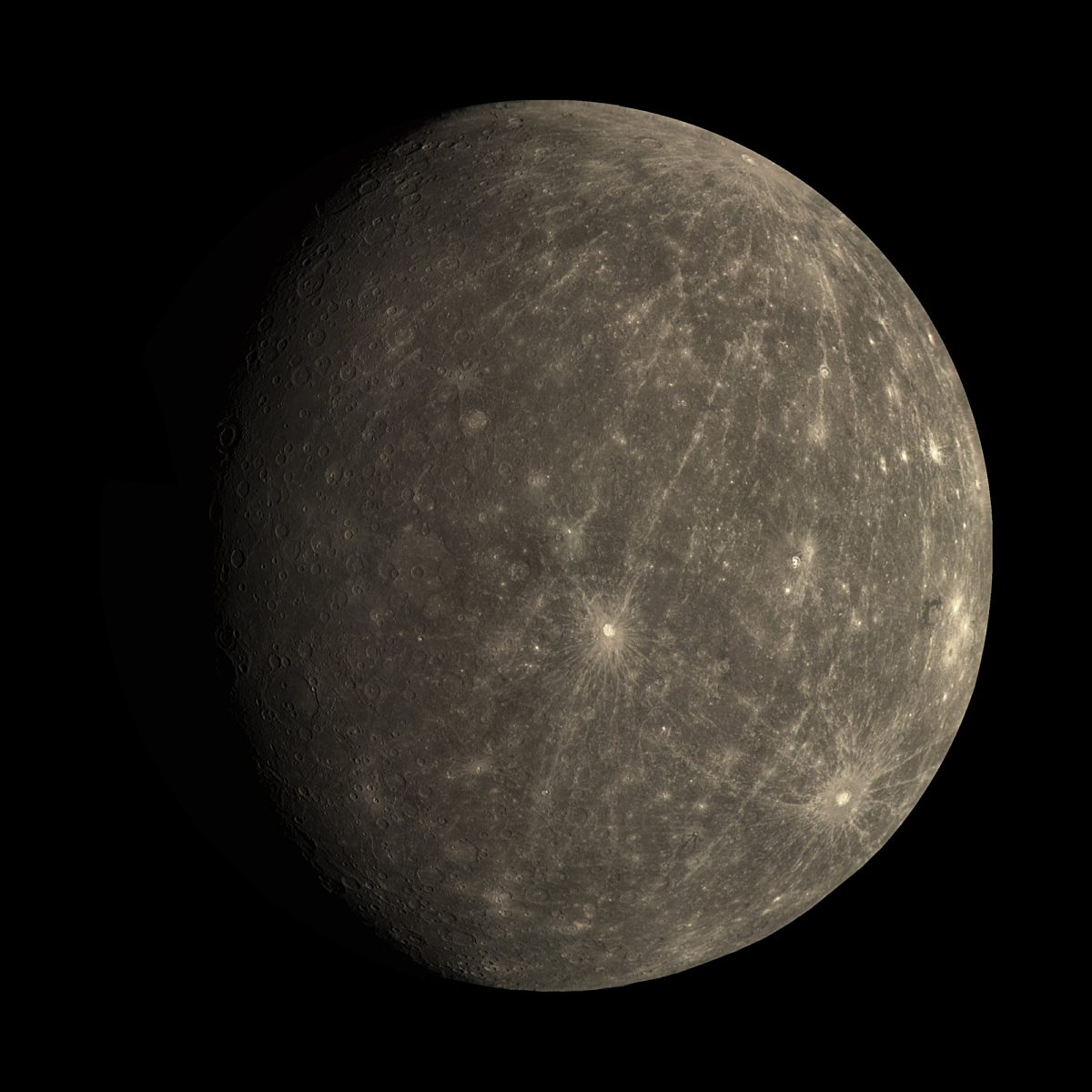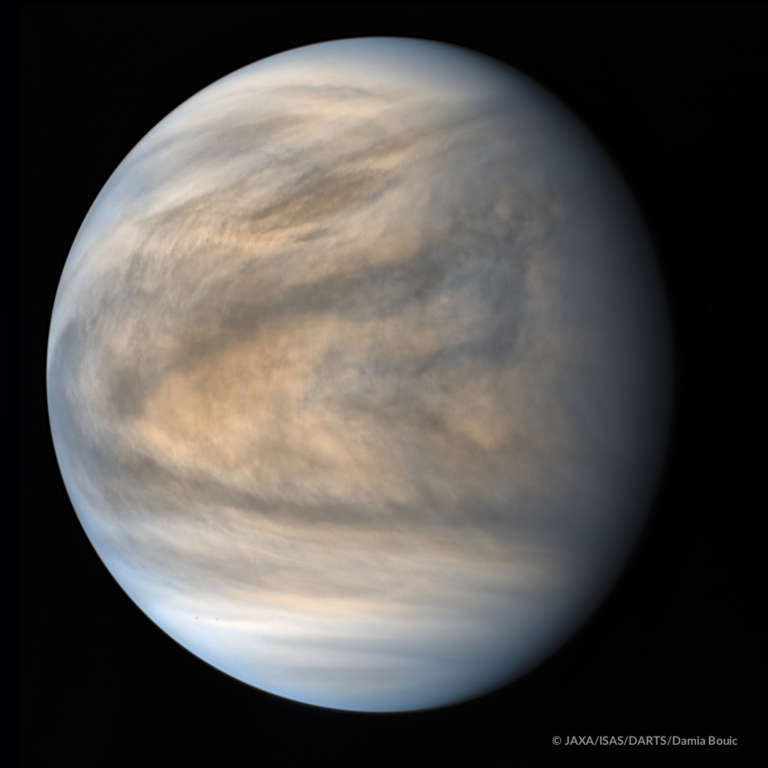All
All
Stories, updates, insights, and original analysis from The Planetary Society.
Double Venus missions: all the burning questions NASA hopes to answer
Here's what NASA's upcoming Venus missions — DAVINCI+ and VERITAS — hope to uncover.
Martian Ingenuity and Venusian imagination
Get a peek at the Martian moon and catch up on what the newest Mars explorer has been up to.
NASA Mission to Venus in 1978 May Have Detected Phosphine, a Gas Related to Life
The data come from NASA’s Pioneer Venus Multiprobe mission, which deployed a series of probes into the planet’s clouds.
Every picture from Venus' surface, ever
In 1975 and 1982, four of the Soviet Union’s Venera probes captured our only images of Venus’ surface.
The Quest for Life on Venus
Did scientists detect a signature of life in Venus' clouds? Or will the bombshell finding be proven false?
The Next 10 Years
Six scientists share the major planetary science discoveries of the past decade, and the questions that will drive the next 10 years of solar system exploration.
Venus’ Ocean of Air and Clouds
Javier Peralta plumbs the depths of Venus’ atmosphere through the eyes of the Venus Express and Akatsuki orbiters.
The September Equinox 2019 Issue of The Planetary Report Is Out!
A new issue of The Planetary Report brings you our pride in the success of LightSail 2 and our gratitude to our members for making it happen. Plus Venus science from Akatsuki and Venus Express, and the status of planetary defense.
Following perfect launch, BepiColombo takes self-portraits from space
BepiColombo's launch was nominal -- the best thing any launch can be. Following launch, the spacecraft documented successful solar array and antenna deployments with self-portraits.
How to follow BepiColombo's launch
I’m thrilled to be anticipating the beginning of a new mission to Mercury. Here's a timeline for BepiColombo's planned launch on 20 October (19 October in the U.S.).
Voyage to Mercury
Elsa Montagnon details the challenges of delivering BepiColombo’s two spacecraft from Earth to Mercury.
The September Equinox 2018 Issue of The Planetary Report Is Out!
With my first issue of The Planetary Report as editor, I am taking the magazine open-access. Return to Mercury features articles by Elsa Montagnon on BepiColombo and by Long Xiao on the Chang'e-4 and -5 landers.
#Mercury2018: From MESSENGER to BepiColombo and beyond
A Mercury meeting held May 1-3 summarized the current and future science of the innermost planet. Emily Lakdawalla was there and shares her notes.
A new look at Venus with Akatsuki
Amateur image processor Damia Bouic shares a plethora of stunning new images of Venus captured by a Japanese spacecraft.
What's Up in Solar System Exploration in 2018
Three launches to the Moon and one each to Mercury and Mars; two arrivals at near-Earth asteroids; and an approach to an encounter with a distant Kuiper belt object are highlights we anticipate in 2018.
Back to Mercury! Europe and Japan's BepiColombo mission moves closer to launch
Next year, a pair of probes head to Mercury to answer outstanding questions about our innermost planet, as well as the formation of the solar system.
Planetary discovery over the past quarter century
2016 marks the 25th anniversary of the creation of what has become one of the primary venues for the publication of research in planetary science: the Journal of Geophysical Research: Planets. This occasion is a good opportunity to look back at what we have learned in this era of expanded exploration and to try to take a peek at the future.
What's up in the solar system, August 2016 edition: Juno to get Jupiter close-ups, Rosetta descending, road-tripping rovers
This month we'll finally see JunoCam's first high-resolution images of Jupiter. We'll also see OSIRIS-REx making progress toward its September 8 launch. Both rovers are road-tripping at Mars, while ExoMars Trace Gas Orbiter has completed a major mid-course correction ahead of its October arrival.
Akatsuki begins a productive science mission at Venus
Japan's Akatsuki Venus orbiter is well into its science mission, and has already produced surprising science results. The mission, originally planned to last two years, could last as many as five, monitoring Venus' atmosphere over the long term.
What's up in the solar system, May 2016 edition: Good news in cruise for Juno and ExoMars Trace Gas Orbiter
May 2016 will be yet another month of fairly routine operations across the solar system -- if you can ever use the word


 Explore Worlds
Explore Worlds Find Life
Find Life Defend Earth
Defend Earth


 Sun
Sun Mercury
Mercury Venus
Venus Earth
Earth Mars
Mars Jupiter
Jupiter Saturn
Saturn Uranus
Uranus Neptune
Neptune Small Bodies
Small Bodies